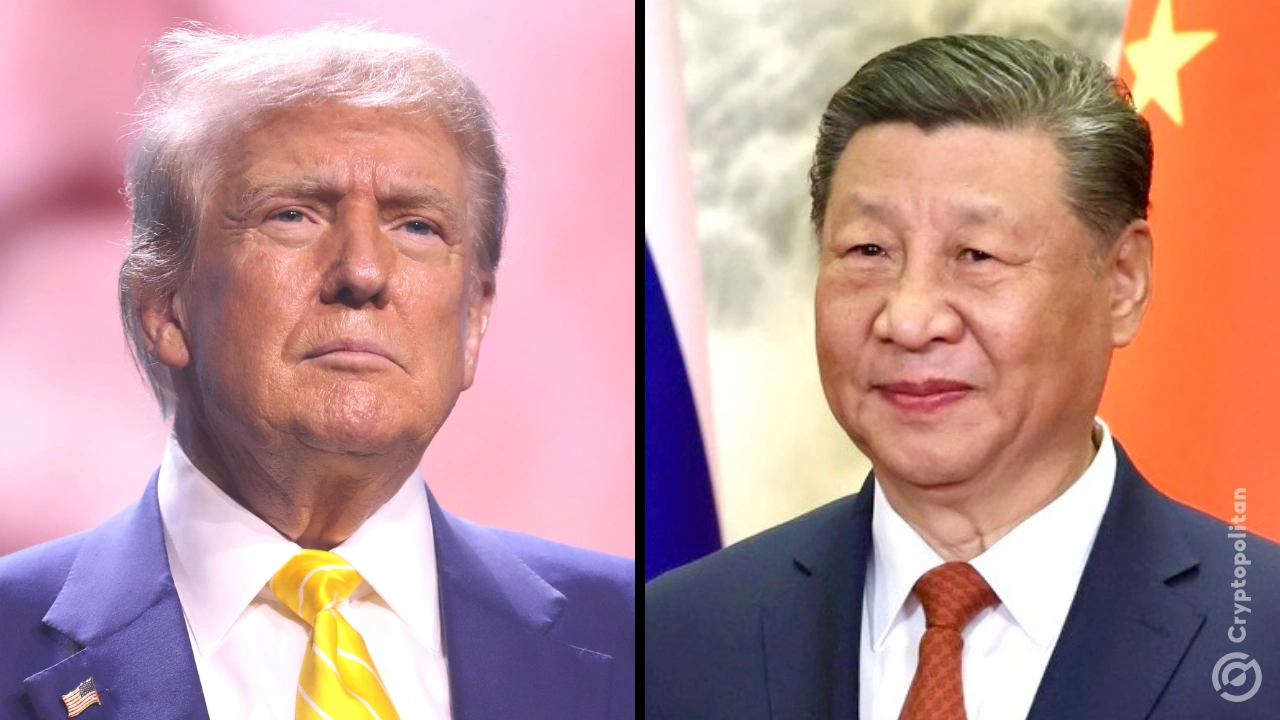President-elect Donald Trump, known for his tough rhetoric on China, appears to be softening his stance even before assuming office for his second term. Trump’s Presidential campaign included promises to counter China’s growing economic and geopolitical influence, particularly through higher tariffs on Chinese goods and curbing trade privileges.
Recent developments suggest the soon-to-be US President is having a change of heart, as he is seemingly extending overtures that may complicate his administration’s approach.
US TikTok ban: Could the social media giant have a chance?
The incoming Trump administration will again be embroiled in the controversy surrounding the social media app TikTok, owned by Chinese tech giant ByteDance. During his first term, Trump attempted to ban the app, citing national security concerns over potential misuse of data by the Chinese government.
In 2024, Congress passed legislation that would effectively force ByteDance to sell TikTok to a non-Chinese owner or face a ban in the US. The deadline for compliance is January 19, just one day before Trump’s inauguration.
ByteDance has challenged the law in court, with the Supreme Court set to hear the case on January 10. However, contrary to his first term, Trump looks to reverse his stance on the media platform, opposing the ban and even filing a legal brief requesting the Court to delay any decision until he assumes office.
“President Trump opposes banning TikTok in the United States at this juncture and seeks the ability to resolve the issues at hand through political means once he takes office,” read the brief submitted by his legal team on December 27.
This move marks a stark departure from Trump’s earlier executive order in 2020, which sought to ban TikTok over similar security concerns. Analysts speculate that Trump’s change of heart may be linked to his ongoing feud with Facebook, a rival social media platform led by Mark Zuckerberg.
Trade wars and tariff talks continue
Trump’s campaign pledges also included imposing steep tariffs on Chinese goods to bolster US manufacturing and curb China’s dominance in global trade. However, his recent remarks suggest a more conciliatory approach.
The President-elect has indicated he may consider scaling back tariffs in exchange for concessions from Beijing, signaling a willingness to negotiate with Chinese President Xi Jinping.
Experts, however, caution that implementing tariffs as high as 60% could have significant repercussions. “If punitive tariffs of 60% or higher are actually imposed, it will be huge,” said researcher Zichen Wang in an interview with a Swiss news outlet NZZ. “The US relies heavily on Chinese exports, and this would impact American consumers deeply.”
Taiwan, Ukraine, and geopolitical queries
During his campaign, Trump maintained a firm stance supporting Taiwan’s sovereignty against Chinese aggression. However, recent statements suggest he may be open to reevaluating US policy toward the island nation. This apparent shift coincides with China’s increasing military activities around Taiwan and Xi’s renewed calls for “reunification.”
Trump’s overtures to Xi, including the inauguration invitation, have raised questions about his long-term strategy. “This is an example of President Trump creating an open dialogue with leaders of countries that are not just our allies but our adversaries and competitors, too,” said incoming White House press secretary Karoline Leavitt.
Moreover, China faces its own challenges as Trump prepares to take office. President Xi, in his New Year address, acknowledged economic struggles stemming from weak consumption and a real estate crisis. He also urged the nation to remain confident despite “uncertainties in the external environment.”
During a recent interview, Trump lauded Xi’s leadership, a marked shift from his earlier criticisms. The President-elect even extended an invitation for Xi to attend his January 20 inauguration as he seeks to engage Beijing in negotiations, including over the ongoing war in Ukraine.
According to political analysts, the President-elect’s efforts to broker a ceasefire in Ukraine might need China’s helping hand. After meeting with Ukrainian President Volodymyr Zelensky in Paris, Trump suggested that Beijing could play a role in peace negotiations. His invitation to Xi has been interpreted as part of this broader strategy.
While Xi is not expected to attend the inauguration, Trump’s remarks suggest there could be ongoing communication between the two leaders. “I don’t know that he won’t be at the inauguration,” Trump said at a recent news conference. “If he’d like to come, I’d like to have him.”
A Step-By-Step System To Launching Your Web3 Career and Landing High-Paying Crypto Jobs in 90 Days.





